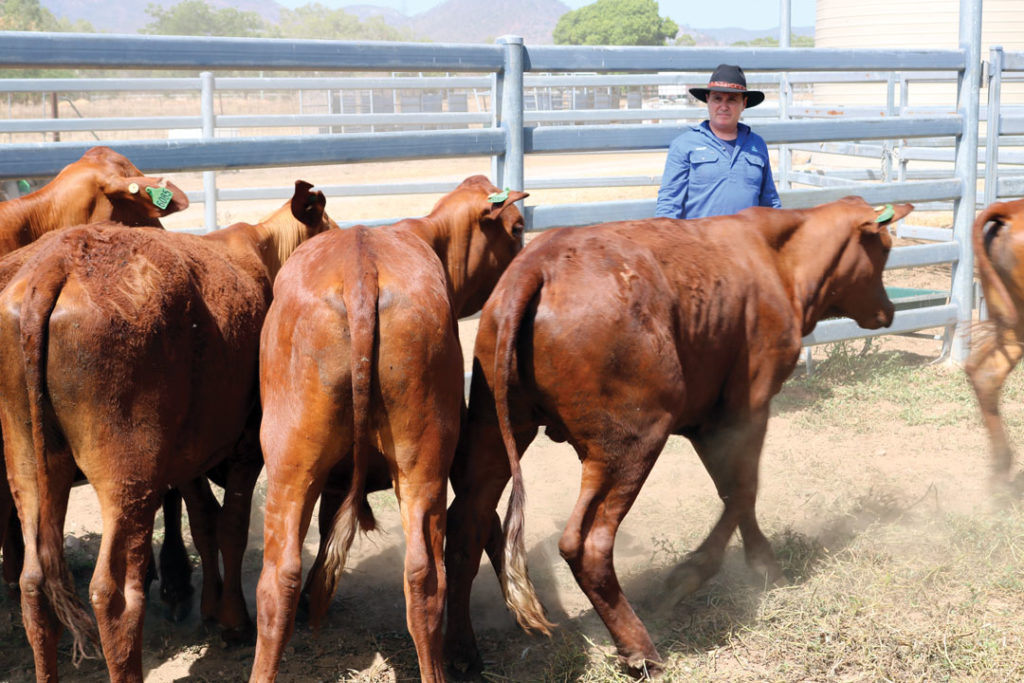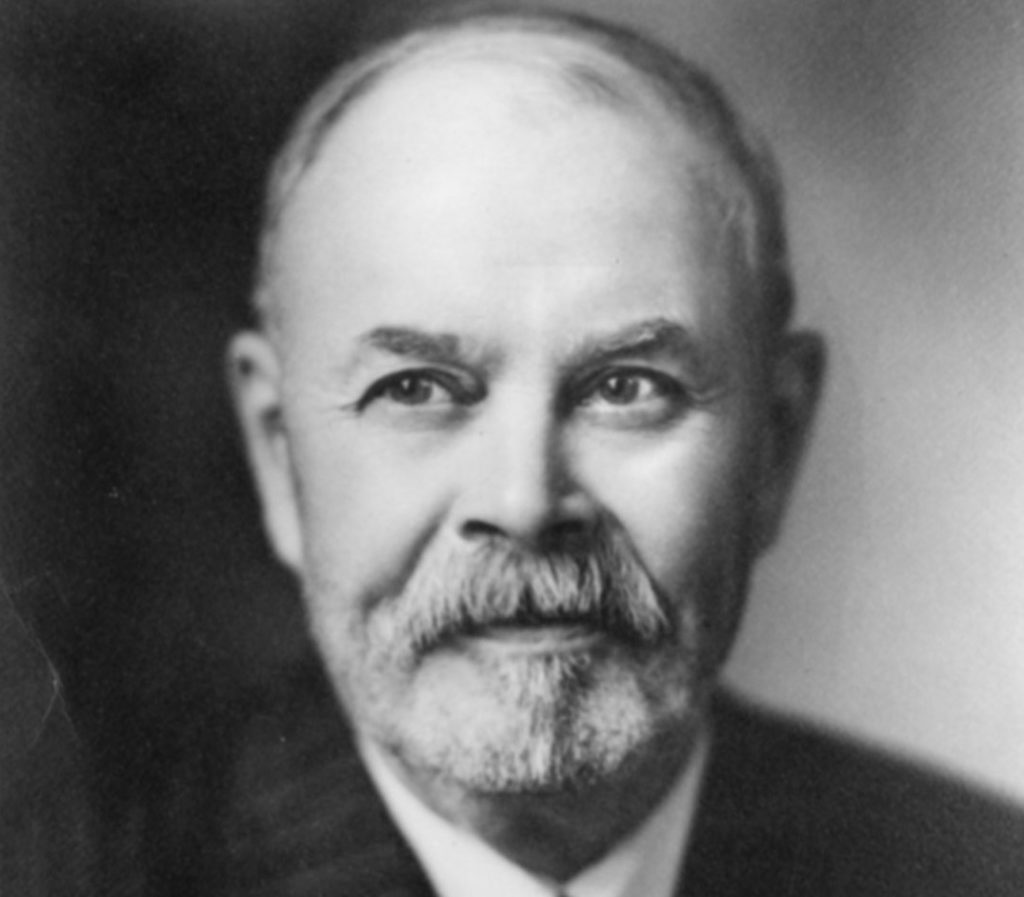SEA COWS
Cattle and other ruminant animals produce methane gas when they burp and fart, and, unfortunately, they burp and fart a lot. This methane represents about 16 per cent of global greenhouse gas emissions, based on Intergovernmental Panel on Climate Change (IPCC) data from 2010.











